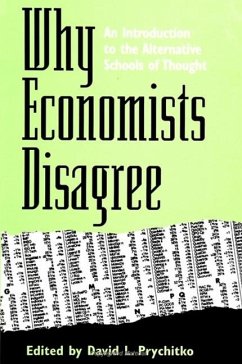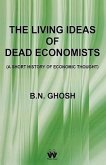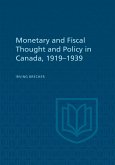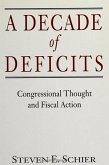Economists disagree. They disagree over policy, prediction, and matters of pure theory. They even disagree over why they disagree. Why Economists Disagree demonstrates that the "crisis" of contemporary economics may actually be a sign of healthy disagreement and fresh thinking over the nature and scope of economic theory and policy. Since the 1980s, several dissenting schools of thought have emerged that offer serious methodological and theoretical challenges to mainstream economics. Why Economists Disagree provides a convenient introduction to Austrian, Post Keynesian, Institutionalist, Feminist, Marxist, and other heterodox alternatives to neoclassical economics. Written by eminent economists within each tradition, the book's chapters convey both the main characteristics, the controversies, and disagreement within each school of thought.








![Institutes of Economics [microform]: a Succinct Text-book of Political Economy for the Use of Classes in Colleges, High Schools and Academies Institutes of Economics [microform]: a Succinct Text-book of Political Economy for the Use of Classes in Colleges, High Schools and Academies](https://bilder.buecher.de/produkte/65/65538/65538636m.jpg)